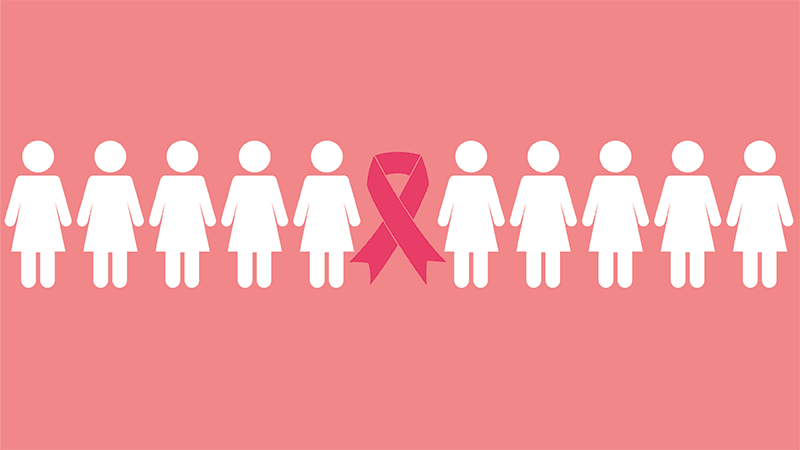
Jezebel
By Caroline Weinberg
October 21, 2015
Excerpt below:
October is breast cancer awareness month. As we sign up for 5Ks, save yogurt lids, and take in the sights of familiar buildings awash in pink backlighting, women’s health is at the forefront of everyone’s minds. And in a coincidence of scheduling, October is also domestic violence awareness month. The color of the anti-DV cause is purple, but you won’t be seeing much of that around.
Domestic violence is a women’s health issue. It can be screened for, like cancer; its treatment can be as essential and lifesaving as reproductive care. DV does not discriminate—it is not restricted by gender, sexual orientation, education level, religion, ethnicity, or socioeconomic status, and it affects millions of women each year. Yet it is consistently relegated to the background, the dirty secret no one wants to talk about.
But this reluctance to talk about and focus on domestic violence is killing women, men, and children every day. People all over the world are suffering and we don’t discuss it because it’s charged and uncomfortable. And, unless you or a loved one has been a victim of domestic violence, it can be hard to fathom. Unlike breast cancer—a future health care concern for the majority of women—most people are confident that they are safe from domestic violence because they believe they would never stand for it.
In this belief, which is often implicit and subconscious, we contribute to the large-scale shaming of victims of domestic violence. Liz Roberts, deputy CEO and chief program officer of Safe Horizon, the largest non-profit victims services agency in the United Statesax, identifies part of the problem as the “persistent stereotypes about victims. When it comes to domestic violence, there is still this view that it is somehow the victim’s fault. Those stereotypes allow the public to distance themselves from the issue and see it as something that only affects certain people, not me or anyone I care about. They think that women who let this happen must have something wrong with them. Because they would never stay if their boyfriend hit them.”

